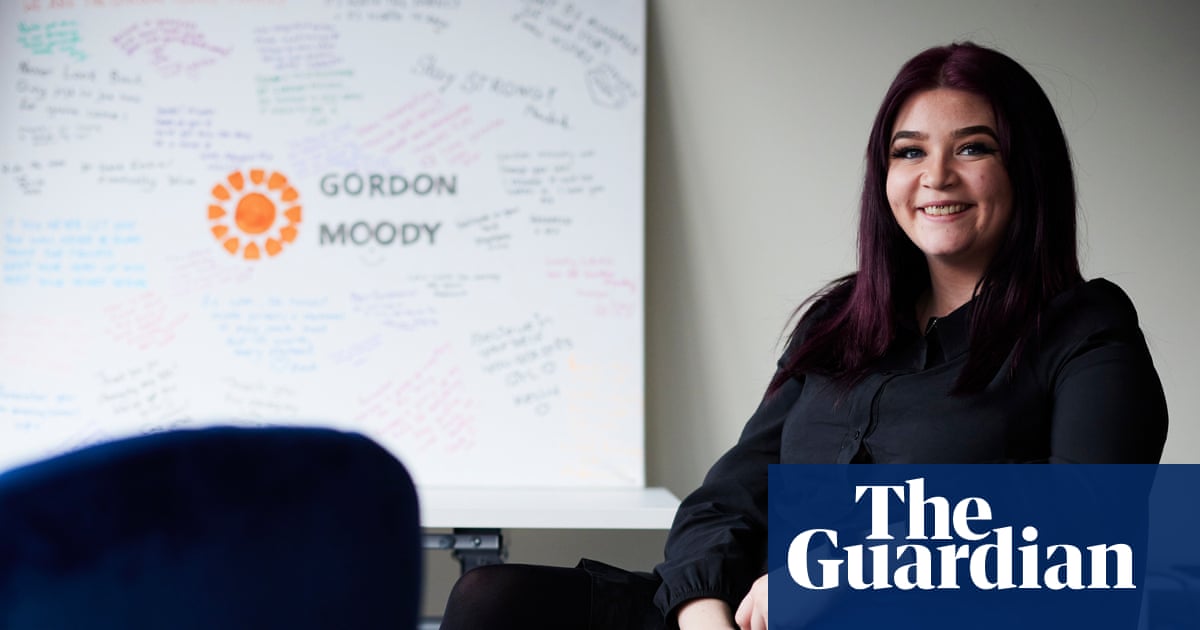At the pinnacle of her addiction at 21 years old, Megan Vanderson lost £4,000 within a mere 10 minutes while engaging in online gambling on games and slots. Concealing her issue proved effortless as she remained fixated on her phone around the clock, a behavior typical of most young individuals. However, it took years of inner turmoil before she mustered the courage to seek assistance – only to discover that she was the sole woman present in the room.
Upon attending Gamblers Anonymous meetings, Vanderson, now 23, felt the overwhelming male dominance within the sessions. This environment stifled her ability to express herself freely. She recollects, “I was on my own at 21 years old and couldn’t understand why I was like this. I had never seen a young woman who had gone through a gambling addiction, ever.”
Her turning point came when she learned about the gambling addiction treatment center operated by the charity Gordon Moody in the UK, the sole facility in the country and potentially globally that specifically caters to women.
This pivotal discovery transformed Vanderson’s life. She describes the experience as incredibly empowering, realizing that she was not alone in her struggles. Having a designated safe space for women to openly discuss their challenges and recognizing that others shared similar experiences was profoundly impactful.
Though gambling addicts are predominantly male, the UK witnessed a doubling in the number of women seeking treatment over five years, from 1,134 in 2015-16 to 2,423 in 2020-21.
Furthermore, research conducted by the gambling charity GambleAware revealed that a significant majority of affected women refrain from seeking help, with two out of five reluctant to do so due to the associated stigma and embarrassment.
The surge in female gambling participation has been attributed to the easy accessibility of online betting games, circumventing the traditionally male-dominated spaces like bookmakers and casinos.
For Vanderson, her gambling activities were exclusively online, conducted discreetly even while walking down the street engrossed in her phone. She reflects on the various platforms she used for gambling, including children’s games, in-app purchases, loot boxes, Xboxes, and PlayStations. The secretive nature of her addiction still evokes discomfort when she recalls those moments due to the profound pain associated with them.
Similarly, Rebecca, aged 27, found herself ensnared by fruit machines in pubs, where nightly visits fueled her addiction. The struggle to break free from this cycle persisted until she discovered Gordon Moody, which served as the catalyst for change she had been yearning for over five years. The supportive and non-judgmental environment at the center allowed her to feel heard for the first time.
Numerous women benefiting from Gordon Moody’s services have highlighted a prevalent lack of awareness that often led to their addiction being dismissed or misattributed to broader mental health issues.
Sarah Forshaw, the head of service development at Gordon Moody, shared instances where women seeking help were misunderstood, with some being prescribed antidepressants when discussing their addiction struggles with medical professionals. This tendency to overlook gambling addiction underscores the prevailing misconceptions and stigma surrounding the issue, further exacerbated for women.
The residential course offered by the charity in Wolverhampton spans six weeks and includes therapy sessions – both group and individual – along with practical life skills training such as budgeting and shopping, while access to phones and the internet is restricted.
Upon arrival at the purpose-built facility, participants receive anonymous notes from past course attendees offering words of encouragement. Distinct from the program tailored for men, the women’s course is shorter, considering that women often have childcare responsibilities that limit their ability to be away from home for extended periods.
Rachel, a mother in her 40s with two young children, shared how her gambling addiction escalated during maternity leave, a scenario echoed by many women utilizing the services at Gordon Moody.
The lack of research on female gambling behaviors prompted the charity to develop a treatment program from scratch by engaging with women to understand their specific needs. Dr. Rosalind Baker-Frampton, the evaluation and research lead at the charity, emphasized the necessity of tailoring treatment approaches to account for the distinct life experiences of women in addiction recovery.
With a focus on collaboration with universities and research institutions, Gordon Moody aims to leverage the insights gathered from over 500 women who have sought their services to enhance understanding and support for female gamblers.
Vanderson, now in recovery and diligently repaying her debts post-completion of the Gordon Moody program, expressed concern about the looming public health crisis that gambling addiction may pose in the coming years, particularly impacting more women due to the pervasive nature of social media advertising. She advocates for a shift in societal awareness, calling for educational initiatives akin to road safety or drug awareness programs in schools to address the issue of gambling addiction proactively.
